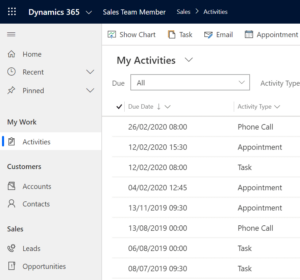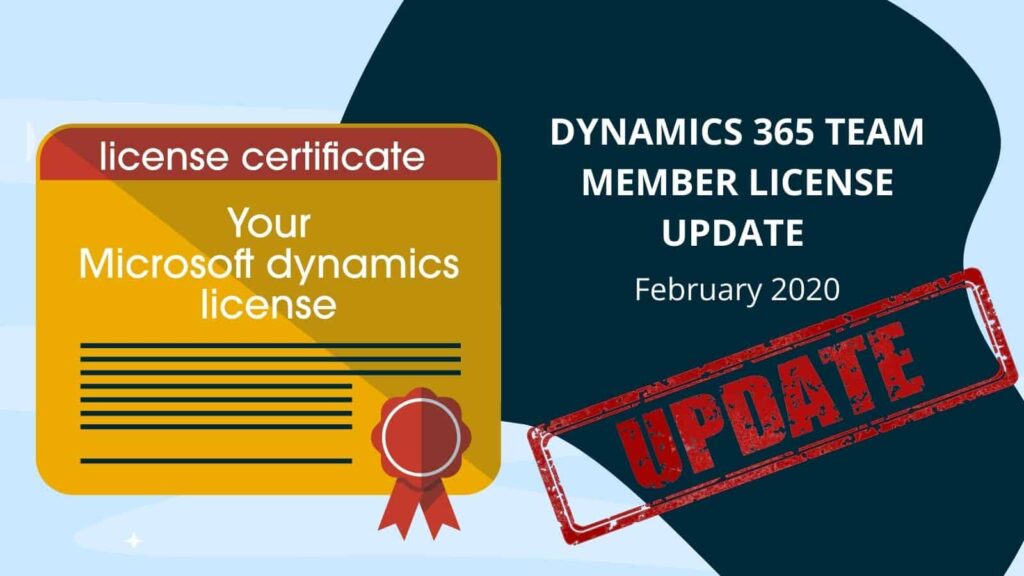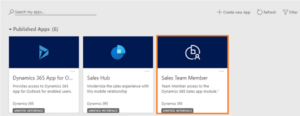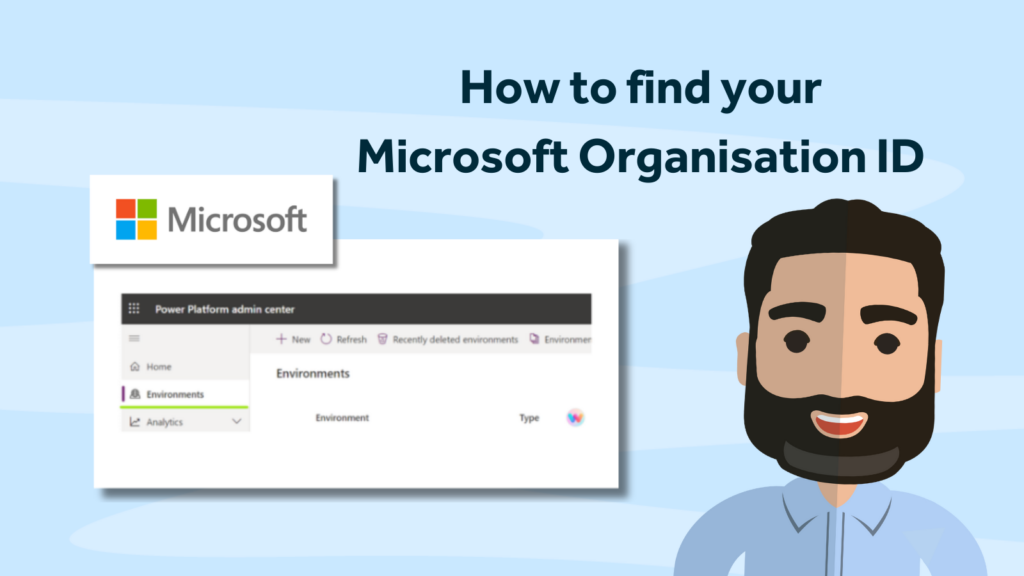We previously wrote an article about Dynamics 365 Team Member licenses, which gained traction and has been read by thousands of Dynamics users over the past two years. Due to some imminent changes being made by Microsoft to the Team Member license, we thought we ought to write an update so that you would all be aware in plenty of time to take action regarding your licensing for Dynamics 365.
Dynamics 365 Team Member License Update
Microsoft has announced that from 1st April 2020, they will be enforcing the Dynamics 365 Team Member License restrictions that, until now, have been just based on trust. I can fully understand why Microsoft would want to force these restrictions, due to the missed revenue from unscrupulous customers (& possibly partners too) who are blatantly flouting the rules by assigning Team member licenses to users and then giving them security roles that give them access to everything, including cases and opportunities.
As a result of the upcoming changes, users with Team member licenses will only be able to access specific Dynamics 365 apps. They will no longer be able to access the same apps as the users that have a full app license such as Dynamics 365 Sales or Dynamics 365 Customer Service. They will be assigned a designated Team Member app.
At the time of writing the apps are going to be:
- Customer Service Team Member
- Sales Team Member (see image below)
- Project Resource Hub
When users access the app their permissions will still be the same as they have always been in terms of what they can do or can’t do. For example, they can see everything but aren’t allowed to create or edit certain entities such as cases, opportunities or accounts. It just means that from an administration point of view there is one or more new apps to manage.
More info can be found here on the Microsoft Docs site: 2020 Wave 1

Warning about your Model-Driven Apps
The other thing to be very aware of, and this is kind of hidden deep in the licensing guide, is that users with Dynamics 365 Team Member License are also not allowed to access custom model-driven apps. So, if you have built a custom app for your business based on your Dynamics 365 licenses, and you want to stay compliant, then your users with Team Member Licenses will no longer have access to these apps. Luckily, for those in the know, Microsoft has provided a workaround in the form of Power Apps licenses. Keep an eye out for more posts on Microsoft Power Apps in the near future.
We have been working with our customers to help get them ready for the license changes. In some cases, we have managed to save them money. So, it’s not always bad!
Microsoft licensing has always been notoriously complicated and now it’s even more so. If you need any help, to get a clear view of your licensing in your efforts to stay compliant, don’t hesitate to get in touch with us at Rocket CRM for a free 30 min chat.
PS – If you want to read through the licensing guides yourself please go ahead… Good luck 😊
Power Apps Licensing Guide
Dynamics 365 Licensing Guide
Dynamics 365 Team member licenses explained
ABOUT ROCKET CRM
Rocket CRM is a Microsoft Dynamics 365, and a platinum Click accredited partner, helping small to medium-sized businesses and charities harness the power of scalable CRM technology. Our mission is to make powerful CRM software simple with custom-built, user-focused solutions.
Website: rocketcrm.co.uk
Podcast: RocketPod
Social: LinkedIn





